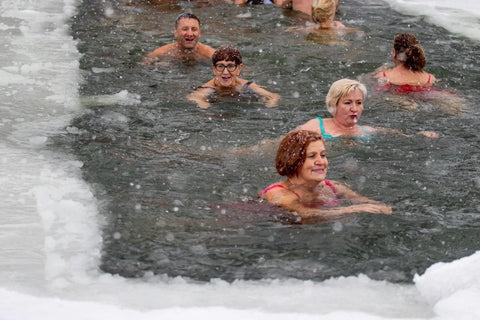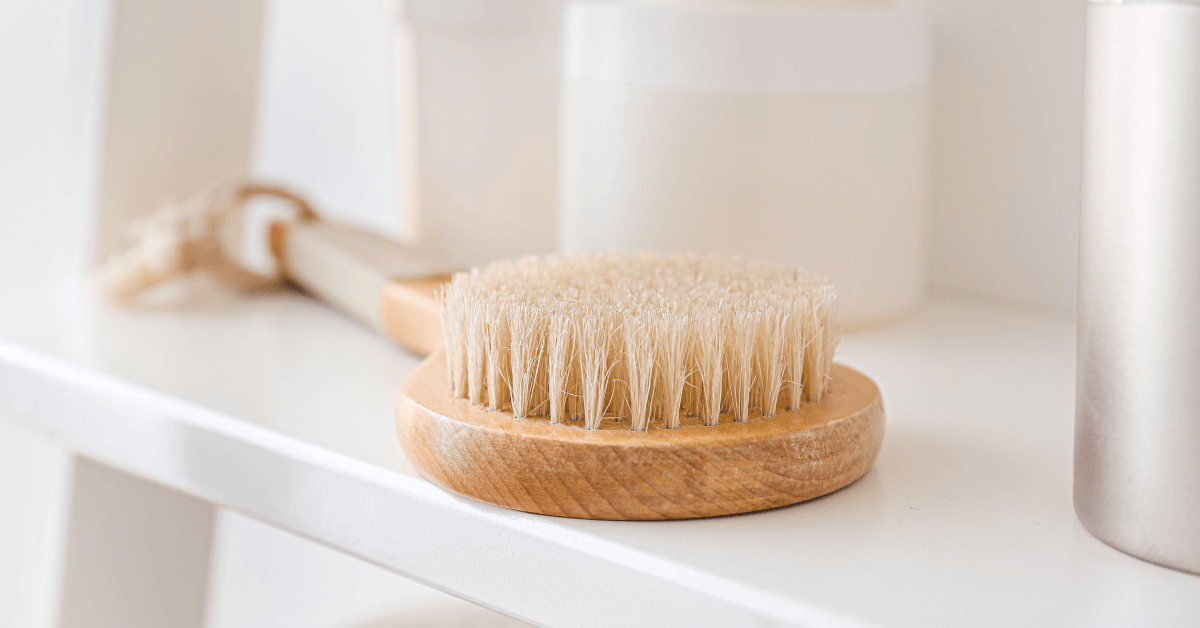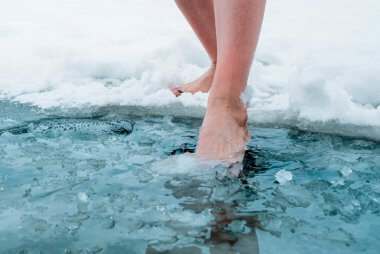
Cold water therapy, also known as cryotherapy, is a therapeutic treatment that involves exposing the body to cold temperatures, typically in the form of ice baths or cold showers. This therapy has been growing in popularity in recent years due to its many reported benefits. However, as with any form of therapy, there are also some hazards associated with cold water therapy that should be considered.
Benefits of Cold Water Therapy
-
Boosts Immune System: Cold water therapy is thought to stimulate the immune system, helping to boost overall health and prevent illness.

-
Increases Energy: Cold water therapy has been shown to increase energy levels and reduce fatigue, making it a great option for those who are feeling sluggish or run down.
-
Reduces Pain and Inflammation: Cold water therapy can help to reduce pain and inflammation, making it a useful treatment for those with joint and muscle pain.

-
Improves Mental Health: Cold water therapy has been shown to improve mood and reduce stress, making it a great option for those struggling with mental health issues.
-
Improves Circulation: Cold water therapy is thought to improve circulation, helping to deliver oxygen and nutrients to the cells and tissues of the body.

Hazards of Cold Water Therapy
-
Hypothermia: Cold water therapy exposes the body to extremely low temperatures, which can cause hypothermia if not done properly.
-
Shock to the System: Cold water therapy can be a shock to the system, and those who are not prepared for it may experience dizziness or even fainting.
-
Risk of Illness: Cold water therapy may increase the risk of illness, particularly for those with weakened immune systems or existing medical conditions.
-
Stress on the Heart: Cold water therapy places a great deal of stress on the heart, which may not be safe for those with heart conditions or weakened cardiovascular systems.
Cold water therapy can provide many benefits for overall health and wellness, but it should be approached with caution. Those who are considering cold water therapy should speak with their doctor and ensure that they are healthy enough to participate in this form of therapy. If you do decide to try cold water therapy, be sure to start slowly and gradually build up to longer exposure times to avoid any potential hazards.
Here are some steps to take to stay safe when in the sea!
-
Check the weather: Before heading out to the beach, check the weather forecast to ensure that conditions are safe for swimming. Avoid bathing in the sea during storms or when there are high waves or strong currents.
-
Check for advisories: Many beaches have flags that indicate the safety of the water. If there are red flags, it means that the water is unsafe for swimming, so avoid bathing in the sea at that time.
-
Swim with a buddy: It's always a good idea to swim with someone else, especially when trying cold water therapy. This way, you'll have someone to help you if you need it.
-
Wear appropriate clothing: If you're going to be bathing in the sea for an extended period of time, it's important to wear appropriate clothing to keep yourself warm. Wetsuits, thermal suits, and neoprene boots are all good options.
-
Warm up before entering the water: Before entering the water, spend a few minutes warming up your muscles. This will help your body adjust to the colder temperatures and reduce the risk of injury.
-
Gradually acclimate to the cold water: When entering the water, do so gradually, allowing your body to adjust to the colder temperatures slowly. Start with your feet and gradually work your way up to your waist and then your chest.
-
Take breaks as needed: If you start to feel uncomfortable or unwell, take a break and get out of the water. Listen to your body and don't push yourself too hard.
-
Don't swim alone: If you're going to be swimming in the sea for an extended period of time, it's important to have someone with you to help you if you need it.
-
Be aware of your surroundings: Always be aware of your surroundings when bathing in the sea, including other swimmers and any potential hazards, such as rocks or other underwater obstacles.
While cold water therapy can provide many benefits, it's important to take certain precautions to stay safe. By following these steps, you can enjoy the benefits of cold water therapy while minimising the risk of injury or illness.































